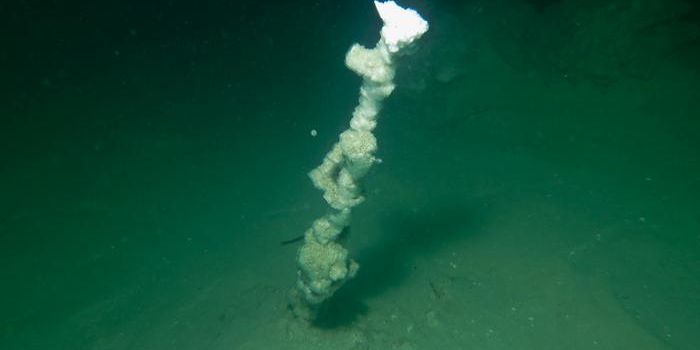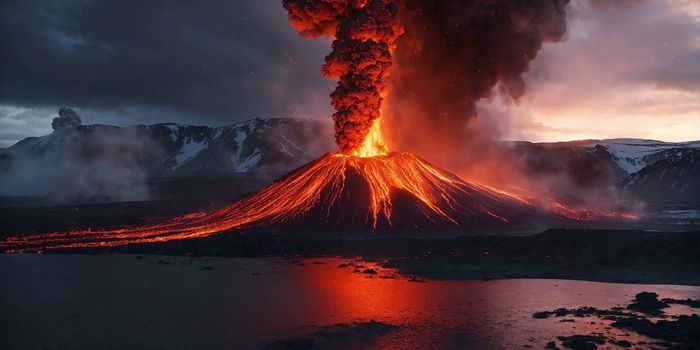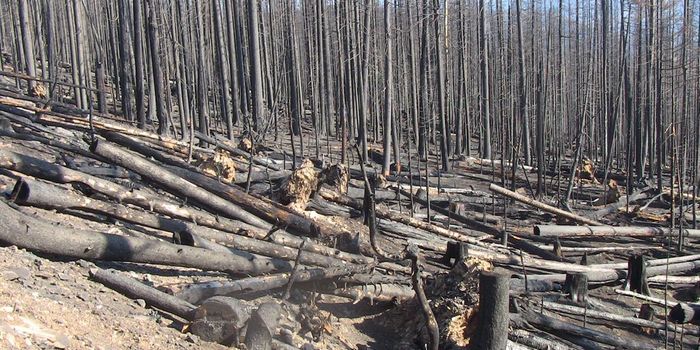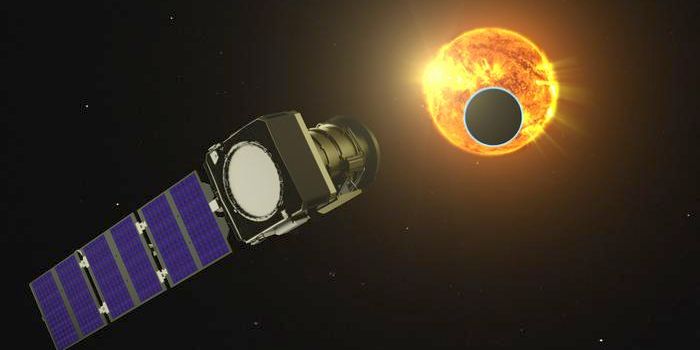Weaker than ever before: Florida's currents and what it means for us
New research published in Nature Communications provides evidence that the currents in the Gulf Stream are slowing down. Is that a bad thing, you might ask? Researchers from the Woods Hole Oceanographic Institution (WHOI) are thinking critically about this question.
"In the ocean, almost everything is connected," said the author of the study, Christopher Piecuch, who is an assistant scientist in the Physical Oceanography Department WHOI and author of the study. "We can use those connections to look at things in the past or far from shore, giving us a more complete view of the ocean and how it changes across space and time."
Piecuch has been analyzing the strength of near-shore ocean currents in order to follow the evolution of the Florida current, which starts in the Gulf Stream. Using measurements that extend throughout the last century, the team tracked the current with mathematical models to show how it has weakened steadily over the last 100 years.
Piecuch says the current is weaker now than at any other point in the past 110 years. “Transport since 1982 has likely been weaker on average than during 1909–1981,” he writes. “The weakest decadal-mean transport in the last 110 y likely took place in the past two decades.”
The Gulf Stream flows north along the Southeast Atlantic Coast of the United States, leading into the North Atlantic Ocean and transporting heat, salt, and momentum, all of which influence Earth's climate. As part of the Atlantic Meridional Overturning Circulation, or AMOC, the Gulf Stream plays a crucial role in regulating our planet’s climate.
But just how the current is responding to climate change – if it even is – is still unclear.
Peichuch’s on-shore monitoring method offers the potential to monitor ocean currents like the Gulf Stream from the coast, thus expanding the data gleaned from difficult-to-maintain moored instruments. His research pointing toward the slowing of the Gulf Stream corroborates previous studies that have shown evidence for a slowing of the AMOC in recent years.
The WHOI scientist says that his findings can help understand that puzzle and provide information for more comprehensive climate models. "If we can monitor something over the horizon by making measurements from shore, then that's a win for science and potentially for society," said Piecuch.
Sources: Nature Communications, Science Daily









